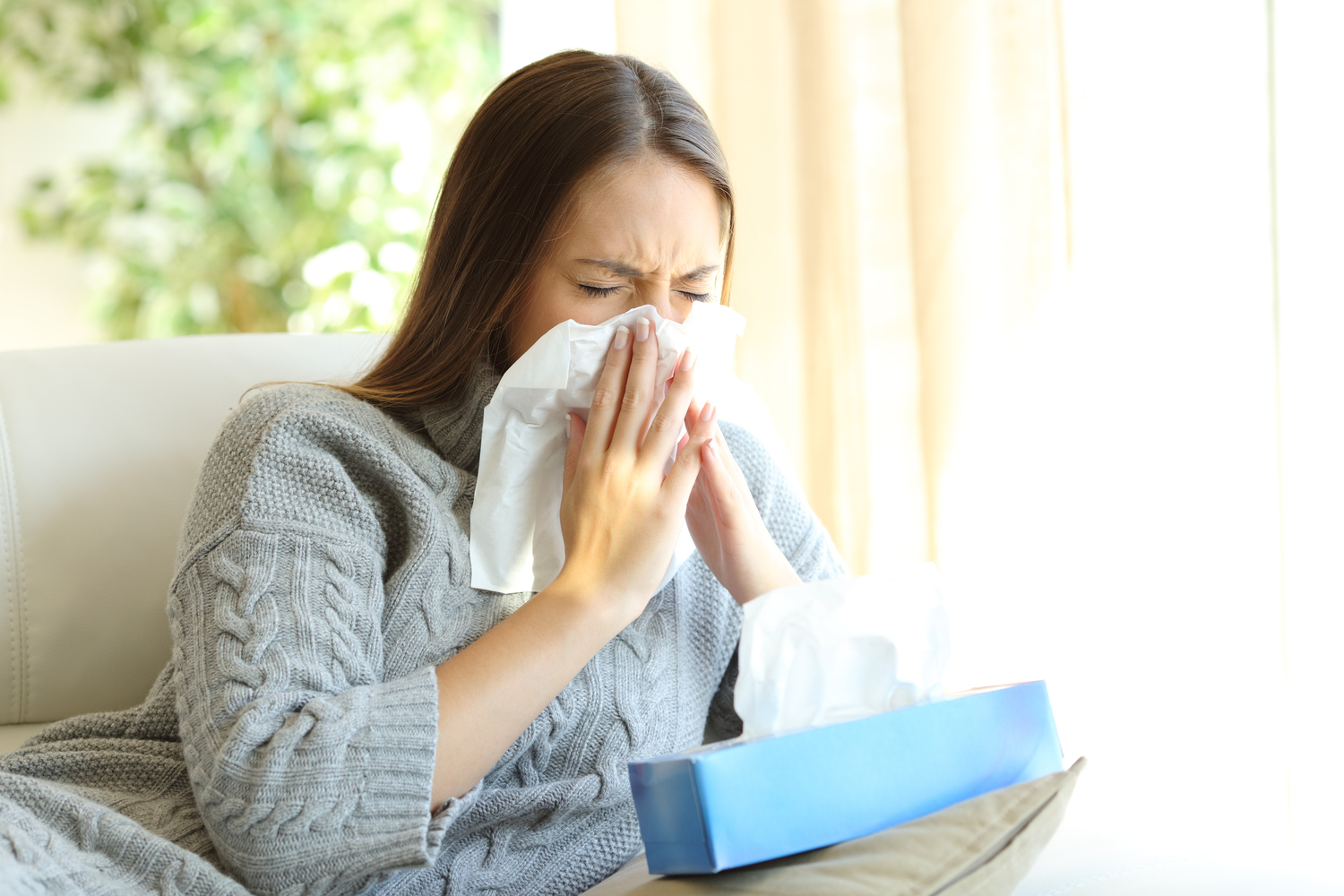
Effective Ways to Prevent Common Cold and Flu
Cold and flu season often comes with disrupted sleep, work, and family life. According to Intermountain Healthcare, colds are usually milder than the flu (and they rarely cause fever), and can resolve with extended rest. Flu symptoms last for a shorter duration, but are more severe. They begin suddenly, cause fever, and may cause nausea and vomiting. Flu is also preventable by vaccination (i.e., a yearly flu shot). Both cold and flu are typically viral infections, and share some common treatments.
Here are some natural remedies for cold and flu symptoms that one can try at home:
1. Eat chicken soup
While this advice may seem like old news, WebMD agrees that chicken soup has been demonstrated to ease symptoms of congestion and inflammation that are associated with cold and flu virus. Hot soup broth can help alleviate the buildup of mucus in one’s sinuses as well.
2. Use a humidifier or vaporizer
As Sylvane Indoor Health notes, because flu and cold viruses tend to spread quickly in dry air, an air humidifier will help reduce your risk of transmitting your illness to others in your household. Difficulty breathing due to congestion and sore throats are also common complaints of cold and flu sufferers, and an air humidifier can help to soothe these symptoms. Humidifiers can moisturize dry nasal and respiratory passageways, which will not only help us breathe, but help parts of our body that try to fend off pathogens (such as cilia in our noses) do their job better.
3. Drink lots of fluids
According to HealthEngine, when our bodies become ill, there is often an increase in sweating and congestion. Drinking more fluid can help to offset this steep dehydration experienced by our bodies during cold and flu infections, as well as alleviate problems involving congestion. Our immune systems require adequate hydration to do their jobs, so getting eight fluid ounces of water per day while sick is recommended for a quick recovery.
4. Take vitamin C
Kris Gunnars (BSc) of Healthline.com writes that the habit of taking regular supplemental doses of vitamin C has been shown to reduce cold and flu symptom severity and hasten recovery, both of which can be very significant benefits for busy professionals and caretakers. To get the best results, one should take about 6-8 grams of vitamin C every day, not just when they have symptoms.
5. Breathe in steam
If a patient is suffering from blocked nasal passages, something as simple as filling a pot with steaming water and inhaling can immediately relieve their symptoms. Healthcare experts agree that warm steam can soothe irritated skin and swollen blood vessels in our respiratory passages and help to clear mucus buildup from the area. Typically, it is most beneficial for someone wishing for symptom relief to put a towel over their head and the steaming pot of water, lean in eight to twelve inches from the water, and inhale for three to five minutes. They should avoid opening their eyes during this time, should not steam for longer than ten to fifteen minutes, and should steam for no more than three times per day as long as they are experiencing symptoms.



